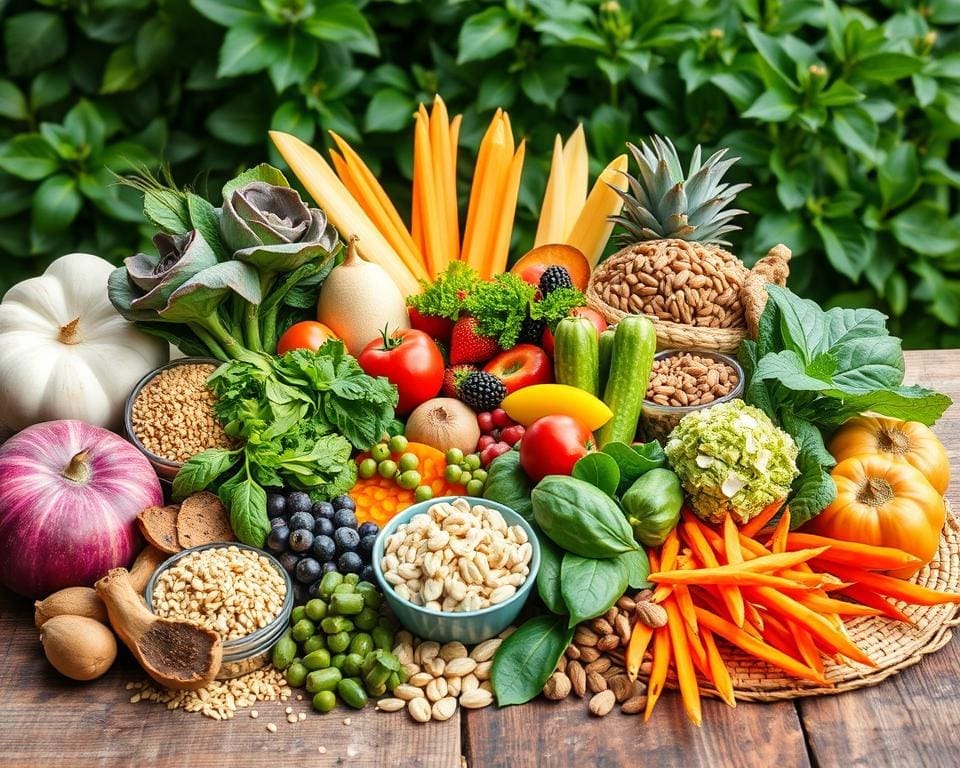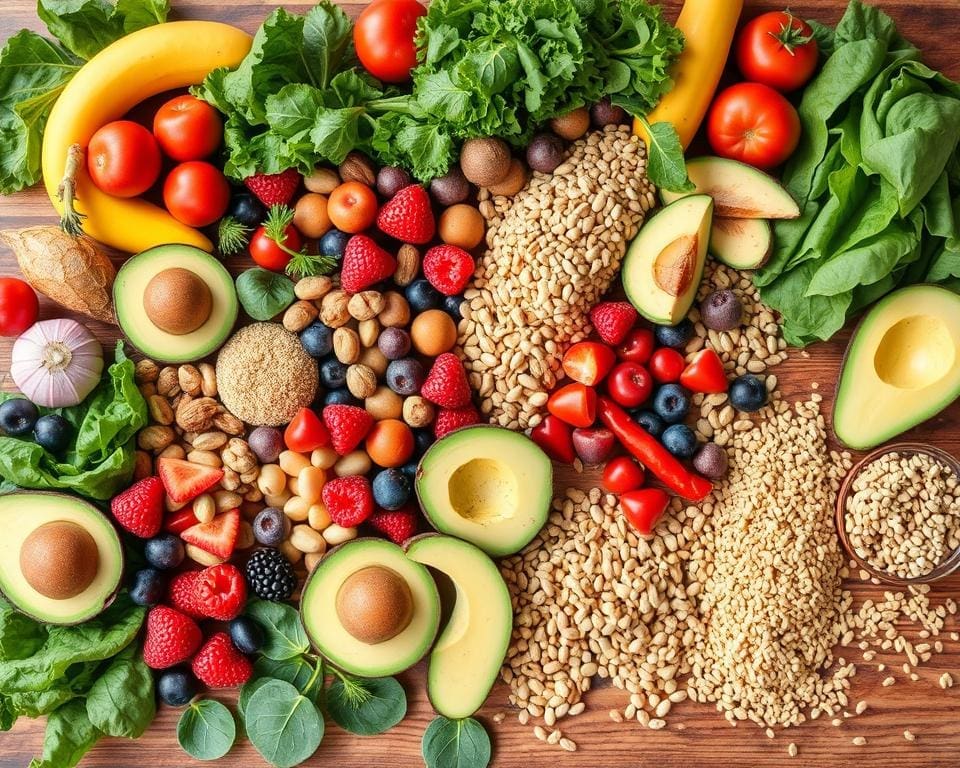Embarking on vegan diets can be a transformative journey, offering not only a new way to eat but also a lifestyle that prioritises health and well-being. Understanding vegan nutrition is crucial for anyone looking to thrive on a plant-based eating plan. Embracing a healthy vegan diet involves a thoughtful approach to nutrients, ensuring you are well-equipped to replace traditional foods with wholesome, plant-based alternatives. This section aims to provide essential nutritional tips and tricks, laying the groundwork for successful meal planning and creative cooking practices as you navigate your path towards vibrant health.
Understanding Vegan Nutrition
Embarking on a journey into vegan nutrition involves understanding the key components that ensure a balanced diet. A carefully constructed vegan meal plan can provide numerous health advantages when it incorporates essential nutrients in vegan diets. Here, we explore fundamental nutrients, the benefits of plant-based diets, and how to tackle common nutritional deficiencies.
Essential Nutrients in a Vegan Diet
Successful vegan nutrition demands attention to various essential nutrients. Key nutrients include:
- Protein: Vital for muscle repair and overall health, plant sources such as lentils, chickpeas, and quinoa are excellent options.
- Iron: Found in foods like spinach, legumes, and fortified cereals, iron is crucial for oxygen transport in the body.
- Calcium: Important for bone health, calcium-rich foods include fortified plant milks, tofu, and leafy greens.
- Omega-3 fatty acids: Flaxseeds, chia seeds, and walnuts provide essential fatty acids that support heart health.
- Vitamin B12: Often lacking in vegan diets, this vitamin is best acquired through fortified foods or supplements.
Benefits of a Well-Balanced Plant-Based Eating Plan
The benefits of plant-based diets are extensive. Adopting a well-balanced approach leads to:
- Enhanced energy levels through nutrient-rich foods.
- Improved digestion due to high fibre content in fruits, vegetables, and whole grains.
- Long-term health improvements, including reduced risks of chronic diseases.
Common Nutritional Deficiencies and How to Avoid Them
A thorough understanding of common nutritional deficiencies is crucial in vegan diets. By being aware of these potential shortfalls, one can take proactive steps to avoid them. Strategies include:
- Incorporating a variety of foods to cover all nutrients.
- Using fortified products to ensure adequate intake of vitamin B12 and calcium.
- Considering supplements when necessary to fill gaps in the diet.

Vegan Diets: Nutritional Tips and Tricks
Adopting a vegan diet can be a transformative journey, offering numerous health benefits. Emphasising variety leads to optimal nutrient intake. By incorporating diverse vegan food sources and employing creative vegan cooking tips, meals can become exciting and fulfilling experiences. Meal planning strategies allow for the organisation of culinary endeavours, ensuring a consistent healthy vegan diet.
Incorporating Diverse Vegan Food Sources
To achieve a well-rounded nutrition, incorporate a broad range of vegan food sources. Consider these categories:
- Fruits and Vegetables: Aim for vibrant colours; each hue often represents different nutrients.
- Grains: Include quinoa, brown rice, and whole grain bread for essential carbohydrates.
- Legumes: Beans, lentils, and chickpeas provide protein and fibres necessary for a balanced diet.
- Nuts and Seeds: Almonds, chia seeds, and flaxseeds deliver healthy fats and omega-3 fatty acids.
Creative Vegan Cooking Tips for Everyday Meals
Enhancing meals through creativity can make a healthy vegan diet enjoyable. Consider these creative vegan cooking tips:
- Experiment with spices and herbs to bring depth to dishes.
- Try new cooking methods such as roasting, grilling, or steaming to add variety.
- Use vibrant plant-based alternatives for creamy textures, such as cashew cream or avocado.
- Get inspired by international cuisines that focus on plant-based ingredients.
Meal Planning Strategies for a Healthy Vegan Diet
Successful vegan meal planning can simplify grocery shopping and meal preparation. These strategies will help streamline the process:
- Create a weekly menu: Outline meals for each day and ensure a balance of nutrients.
- Prepare ingredients in advance: Chop vegetables or cook grains on a designated day to save time.
- Batch cooking: Cook large portions, and freeze leftovers for quick meals.
- Shop seasonally: Choose local and in-season produce for freshness and affordability.
Maximising Vegan Diet Benefits
Embracing a vegan lifestyle offers an array of health advantages, particularly when it comes to reducing the risk of chronic diseases. By prioritising plant-based nutrition, individuals can experience lower blood pressure, decreased cholesterol levels, and improved heart health. The health advantages of vegan diets, alongside these biological benefits, also extend to promoting a healthier weight range and enhancing energy levels, which can contribute to an overall sense of well-being.
To truly reap the vegan diet benefits, it’s crucial to focus on maximising plant-based nutrition through a diverse array of whole foods. Incorporating legumes, whole grains, nuts, seeds, and a rainbow of fruits and vegetables can ensure that all essential nutrients are met. Furthermore, being mindful of nutritional balance can prevent deficiencies, making the transition to a plant-based diet both enriching and satisfying.
Ultimately, the key to sustaining a successful vegan lifestyle lies in recognising it as a holistic approach. Beyond personal health improvements, such as enhanced vitality and longevity, adopting a vegan diet aligns with a commitment to environmental conservatism. This interconnectedness serves as a potent reminder of how our individual choices can create a ripple effect, promoting not just our own health but the health of our planet as well.









